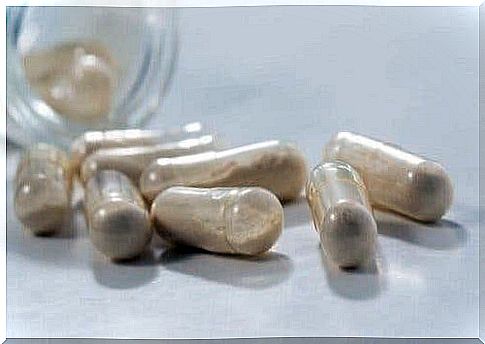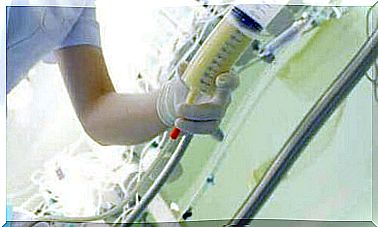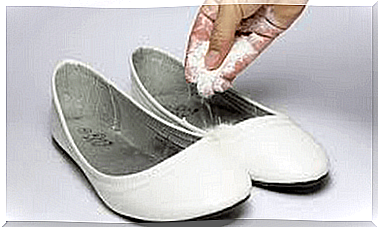Probiotic Supplements: When Should You Take Them?

Probiotic supplements are living microorganisms that, when administered in sufficient quantities, have several health benefits. Usually, anyone can take these supplements, but certain population groups benefit most from them.
Keep reading the article to find out more!
Everything you need to know about probiotic supplements
As we mentioned above, probiotics are bacteria that provide health benefits. You can find them in different foods, for example:
- Yogurt
- Kefir
- Sour milk (typical of Mexican food)
- Sauerkraut, kimchi (of Korean origin)
- Pickles
- Kombucha-te
- Tempeh
- Dietary supplements
Although you can find them in some foods because of how they are made, these bacteria will not always reach the colon by surviving the long journey of the gut.
In fact, we have to consume probiotic foods very often and in fairly large quantities in order for them to be beneficial. Therefore, probiotic supplements that are properly encapsulated can survive in the digestive system and provide additional benefits.
When should you take probiotic supplements?

Experts currently recognize that probiotics not only serve to improve the functional status and symptoms of a person suffering from a disease, but can also help people stay healthy or prevent disease.
However, some groups have dual benefits. For example, people who have just been treated with antibiotics can really benefit from probiotics. Antibiotics kill both bad and good pathogens (microbiota, vaginal flora and other mucous membranes, etc.), and probiotics help replace the good ones. Therefore, after taking antibiotics, it is advisable to take probiotics for at least a month.
Furthermore, the greatest evidence for the effect of probiotics has been described for the treatment of acute infectious diarrhea, especially in children. However, other groups may also benefit from it, such as those with intestinal dysbiosis. This usually happens in people who suffer from:
- Obesity
- Diabetes mellitus type 1 and 2
- Metabolic syndrome
- Systemic lupus erythematosus (SLE)
- Arthritis
- Bacterial overgrowth
- Inflammatory bowel disease
- Irritable bowel syndrome
- Celiac disease.
Probiotic supplements also benefit the elderly. This is because microbial diversity decreases as we age, which reduces the presence of beneficial microorganisms. In addition, experts study the use of probiotics for other diseases such as asthma, atopic dermatitis, neurological disorders, depression, anxiety, cancer and oral health.
As we mentioned above , the consumption of probiotics is considered safe for most people. However, they can trigger infections in immunocompromised people. These people should not be supplemented with over-the-counter probiotics.
The best type of probiotic supplements

To ensure that the probiotic strains administered orally exert the beneficial effects, they must withstand the environmental conditions of the digestive tract as well as the microbial effects of saliva, stomach acid, bile and pancreas. We must also be aware that the composition of different secretions, emptying of the stomach or intestinal motility can vary depending on the person’s age and state of health.
It is also important to choose strains of microorganisms depending on your state of health, since it is better the more different strains there are. Therefore, probiotics that contain many different strains are best.
How to take them
Do not take probiotics with very acidic foods (including citrus fruits, tomatoes or vinegar) or with hot drinks (tea, coffee, infusions or soups) because they reduce the effect.
The best way to take them is on an empty stomach with lukewarm water. In this way, both the pH level in the stomach as well as the low level of hydrochloric acid are factors that favor the bacterium’s survival. For the same reason, it is advisable to wait 10 to 15 minutes before eating. If you are taking antibiotics, you should also take the supplement at least three hours later.
Finally, if you want to take probiotics, you are taking antibiotics or have a disease that you can improve by taking them, you should consult a professional to find out which supplement is best for you.









